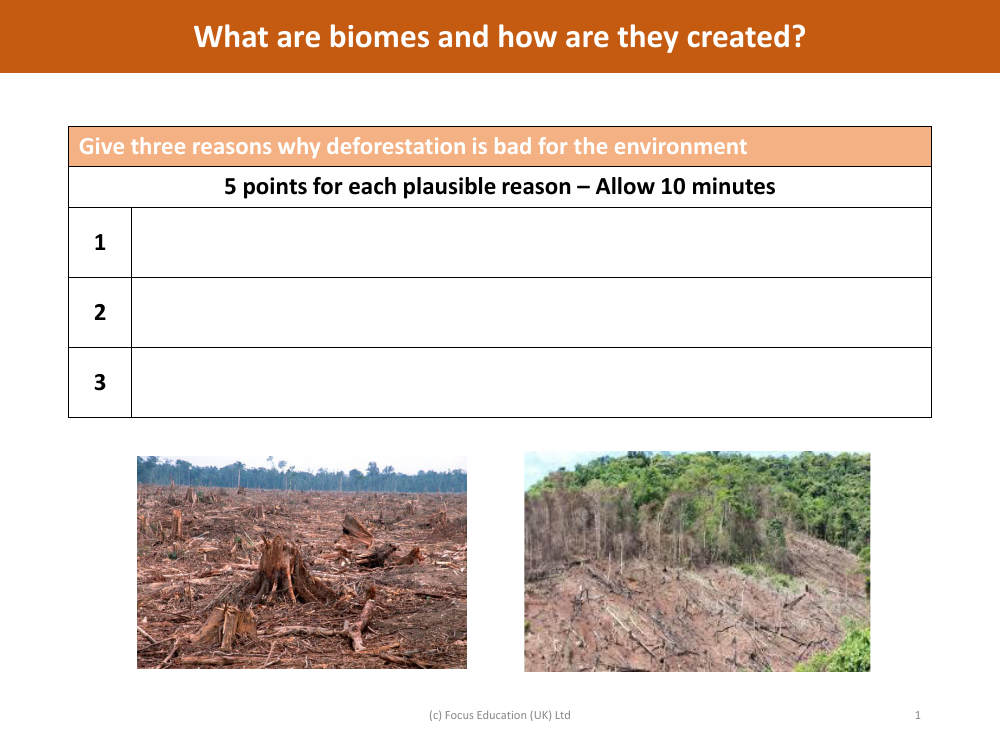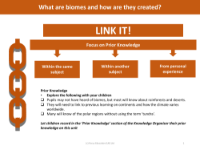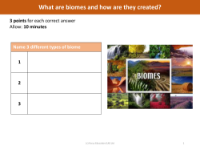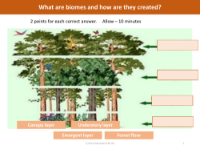Three reasons - Why deforestation is bad

Geography Resource Description
Deforestation is detrimental to the environment for several compelling reasons. Firstly, it leads to a significant loss of biodiversity. Forests are home to a vast array of plant and animal species, many of which are endemic and cannot survive elsewhere. When their habitat is destroyed, these species face extinction, resulting in a decrease in biodiversity and the disruption of ecological balance. Secondly, deforestation contributes to climate change. Trees play a crucial role in absorbing carbon dioxide from the atmosphere, and when they are cut down, not only is this carbon storage capacity lost, but the carbon stored in the trees is released back into the atmosphere, exacerbating the greenhouse effect. Lastly, deforestation has a negative impact on the water cycle. Trees help to regulate the water cycle by absorbing and releasing water vapour into the atmosphere. Without them, areas can become more prone to extremes of flooding and drought, affecting local water supplies and agriculture.
Biomes are large ecological areas on the Earth's surface, with flora and fauna adapting to their environment. They are defined by factors such as climate, soil type, the amount of light and water, and are shaped by the geographical and meteorological conditions that prevail in different parts of the world. Biomes are created through a complex interplay of these factors, leading to distinct ecosystems such as forests, grasslands, deserts, and tundras, each supporting different types of life adapted to the specific conditions of the biome.













